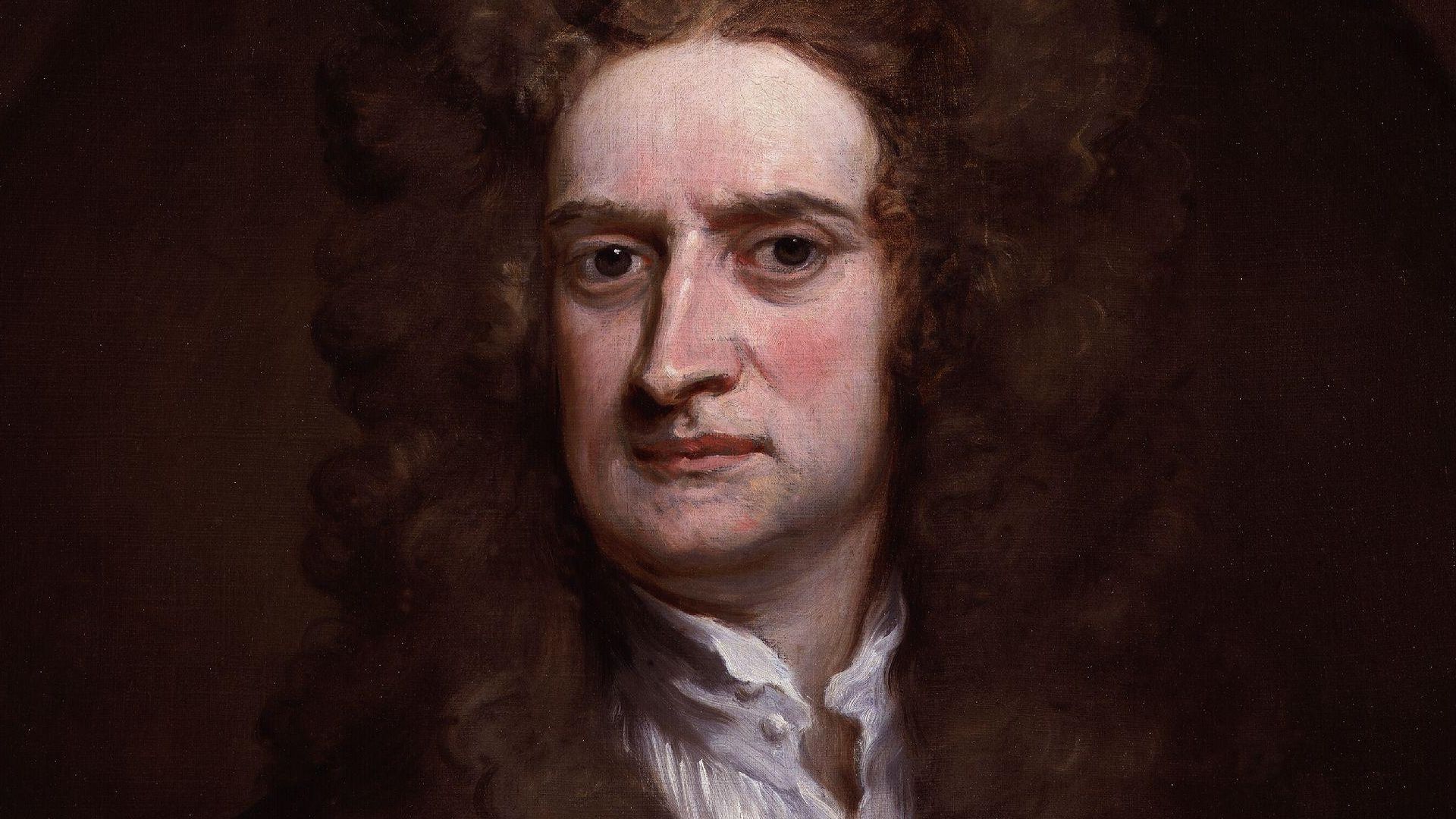When There’s a Will, There’s a Way
With all the bureaucracy and complexity of the world, sometimes it’s nice to imagine taking power into our own hands. Well, these 20 individuals did exactly that, going against the grain and doing things themselves. As such, they’re responsible for some of the greatest inventions and moments in history, all thanks to their spite and anger with the system.
1. Roald Dahl
The author Roald Dahl, without a medical degree, invented and patented a surgical device to help children with traumatic brain injuries. After his son experienced brain swelling as a result of a car accident and the existing shunts clogged, he worked on a new, clog-resistant shunt. Thousands of children with similar brain injuries benefited from his invention.
2. Almon Brown Strowger
The automatic switchboard was invented by someone whose funeral parlor wasn't getting phone calls because the operator, who was his competitor's wife, was diverting them to her husband. Instead of griping about it, he got smart about it and came up with the idea of a device that would make human switchboard operators unnecessary. He thereby put manual call connections out of business and changed the way telephone calls were made.
 Unknown authorUnknown author on Wikimedia
Unknown authorUnknown author on Wikimedia
3. John Walsh
John Walsh's young son was kidnapped in 1981, and the circumstances of his passing were never fully explained. He became a victims' rights advocate and created the television show America's Most Wanted, which led to the capture of over 1,000 wanted criminals. To aid in the recovery of missing or lost children, many stores use "Code Adam" in memory of his son.
4. Dr. Tracy Dixon-Salazar
Dr. Tracy Dixon-Salazar began working on her PhD in neurobiology after her daughter developed seizures that could not be diagnosed or treated. Motivated, she researched on her own and found a successful treatment for her daughter. Her perseverance paid off, both for her child and for the medical field.
5. John Stapp
John Stapp was an Air Force physician who thought pilots would survive more crashes if their seats and restraints were improved. He strapped himself into rocket sleds, which took him at high speeds to 46.2 g and returned him safely, surviving more than anyone thought possible. The results of his self-experiments greatly advanced aircraft safety and influenced car seatbelts.
 U.S. Air Force Graphic on Wikimedia
U.S. Air Force Graphic on Wikimedia
6. General Vladimir Pikalov
One individual who made a tremendous difference in how the situation was managed was General Vladimir Pikalov, who was in charge of personnel at the Chernobyl site. He measured the radiation at the site by driving around the power plant so that he could keep his men from being exposed to any higher doses than necessary. In doing this, he exposed himself to a total of 137 rems of radiation to obtain this information.
 Vladyslav Cherkasenko on Unsplash
Vladyslav Cherkasenko on Unsplash
7. Alejandro Caceres
North Korea attempted to hack a former Department of Defense cybersecurity worker to obtain his hacking software. He reported this to the FBI, and after a year of no action, he began to take things into his own hands. He successfully hacked North Korean servers and routers and brought down much of the North Korean internet and websites for several days.
8. Dashrath Manjhi
Dashrath Manjhi's wife passed in 1959 after being unable to reach the nearest hospital in time because a mountain blocked her path. Driven to help others, he removed the mountain with hammer and chisel in just over 20 years. He is now nationally revered in India, and a postage stamp was released in his honor.
9. Dr. Barry Marshall
Dr. Barry Marshall proved H. pylori bacteria were the true cause of ulcers by infecting himself with the bug. For years, the medical community believed stress was to blame. Through his actions, he shook the billion-dollar ulcer drug industry to its core. In 2005, he won the Nobel Prize for his work, which changed how ulcers are treated everywhere.
 WikiEdtingProfile2021 on Wikimedia
WikiEdtingProfile2021 on Wikimedia
10. John von Neumann
John von Neumann was one of the greatest mathematicians of all time and became increasingly frustrated with the inability of physicists to create computers to do complex calculations. In 1945, he built the architecture for the modern computer, now known as von Neumann architecture, that would form the basis of future computing.
11. Audie Murphy
19-year-old Audie Murphy displayed great bravery during World War II, staying behind alone to direct artillery fire while his unit withdrew to a prepared position. He used the machine gun of a burning tank destroyer to hold off advancing forces for an hour before his unit was able to return. Murphy was wounded during the defense but rejoined his unit during treatment.
 U.S. Army (http://www.detrick.army.mil/samc/index.cfm) on Wikimedia
U.S. Army (http://www.detrick.army.mil/samc/index.cfm) on Wikimedia
12. Ferruccio Lamborghini
Ferruccio Lamborghini was unhappy with the clutch on his Ferrari. He went to Enzo Ferrari to tell him how to improve it, but Enzo was offended and refused to sell him another car. So, Lamborghini went and designed a whole range of super-fast supercars to beat Ferrari at their own game.
13. Linus Torvalds
The Linux kernel was created by Linus Torvalds as a hobby, to have a free operating system that was both stable and usable. He had stepped in where he saw a need, because other operating system projects already existed but did not have a complete, working kernel. Torvalds has also created a popular logging program called Subsurface, after he did not like any of the ones that were available.
 Unknown authorUnknown author on Wikimedia
Unknown authorUnknown author on Wikimedia
14. Isaac Newton
Isaac Newton had tough problems he couldn't readily solve with the mathematics available. So, instead of waiting for others to develop tools, he invented calculus, a whole new branch of mathematics. Once done, he went on to other pursuits and largely forgot his own invention.
 James Thronill after Sir Godfrey Kneller on Wikimedia
James Thronill after Sir Godfrey Kneller on Wikimedia
15. Catherine the Great
Catherine the Great was unhappy with her husband's incompetent leadership. She organized a military coup to overthrow him. It worked, and he was dethroned without any violence, making one of the most peaceful power seizures. She then became one of Russia's most powerful rulers.
16. Alan Turing
Alan Turing was a codebreaker during World War II. He was inspired to create one of the first computers so that he could speed up the number crunching. He was met with resistance by the government, but he refused to give up. His codebreaking machine formed the basis of how we use computers today.
 Possibly Arthur Reginald Chaffin (1893-1954) on Wikimedia
Possibly Arthur Reginald Chaffin (1893-1954) on Wikimedia
17. Cliff Stoll
In the mid-1980s, Cliff Stoll found a person illegally entering the University of California, Berkeley's computers, trying to find military secrets. His managers wanted to patch the security hole without a fuss, but Stoll wouldn't stop. Working with the FBI and others, he identified and helped arrest the hacker.
18. Brian Acton
Brian Acton was denied after an interview at Facebook, which only spurred him on to greater things. He set out to make his own app, WhatsApp. His app became one of the most widely used messaging systems in the world. Facebook finally saw its worth and purchased WhatsApp for $19 billion.
19. The Wright Brothers
The Wright brothers encountered skepticism and disbelief when attempting to create a powered flying device. Persisting through the doubts, they designed and flew the first airplane in 1903, demonstrating controlled, sustained flight. This achievement revolutionized transportation and marked the dawn of modern aviation.
 Orville Wright and Wilbur Wright (credited as photographers) [1], [2], [3] on Wikimedia
Orville Wright and Wilbur Wright (credited as photographers) [1], [2], [3] on Wikimedia
20. John Snow
Considered a father of epidemiology, John Snow thought a Soho cholera outbreak was due to one contaminated water pump. But few shared his view, and no one did anything to stop it. So, he shut it off himself by removing its handle, making it impossible to use. He was arrested for vandalism, then released when the outbreak ended soon after, proving his theory.
KEEP ON READING
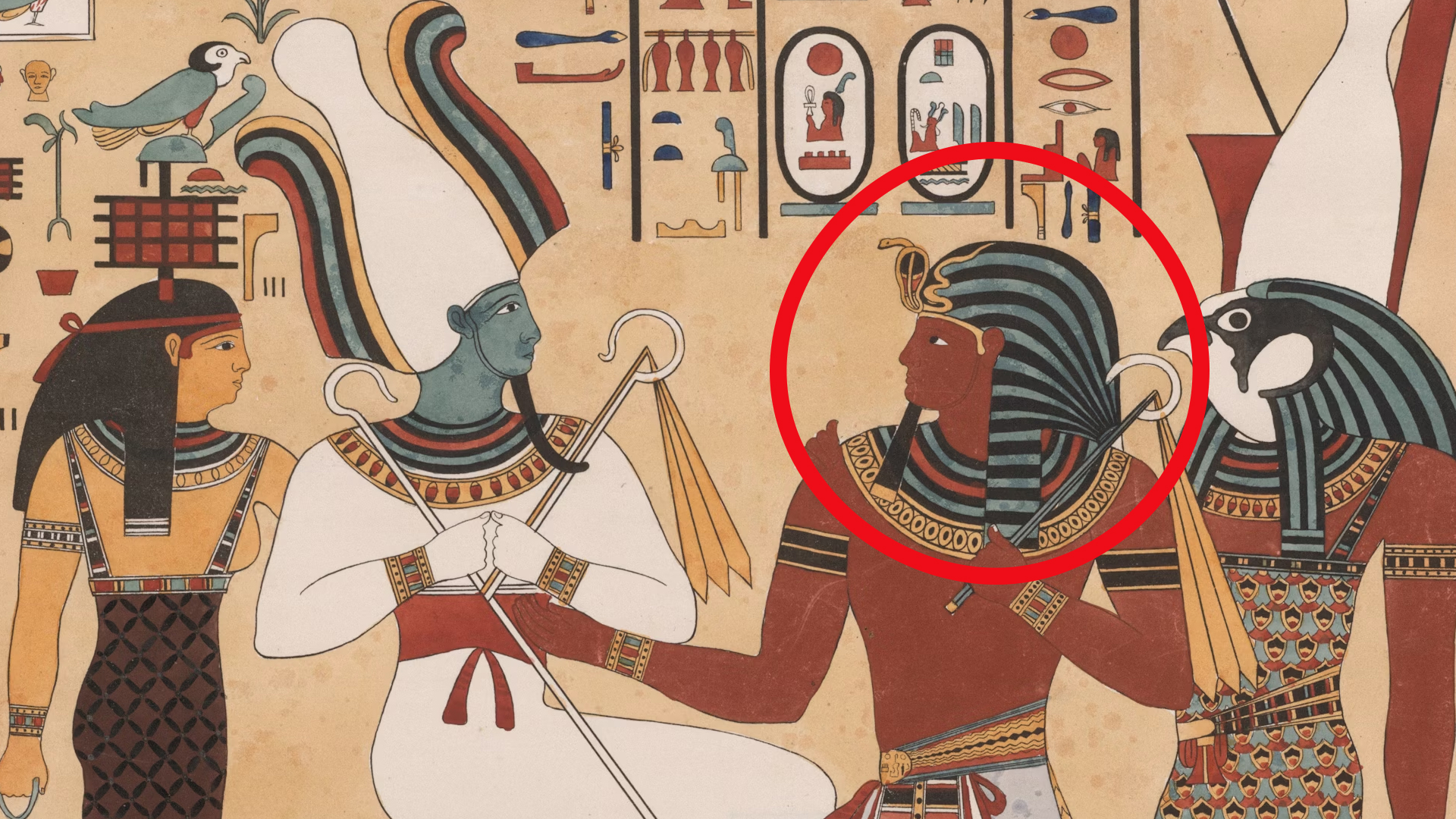
The Mysterious "Sea People" Who Collapsed Civilization
3,200 years ago, Bronze Age civilization in the Mediterranean suddenly…
By Robbie Woods Mar 18, 2025
The Turning Point: 20 Facts About The Battle of Normandy
Normandy Changed The Game. The Battle of Normandy marked a…
By Chase Wexler Jun 4, 2025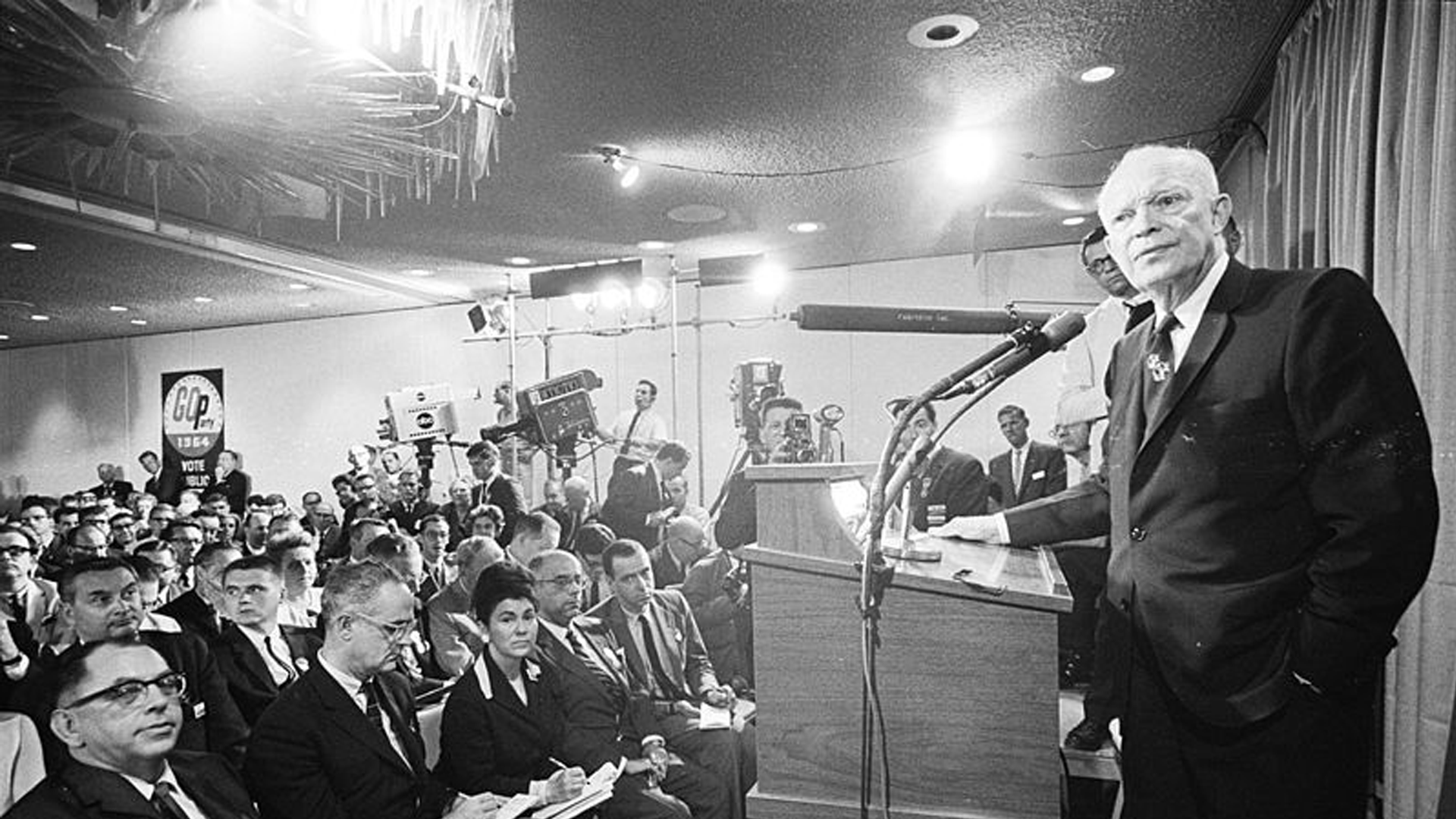
20 Important Names From World War II You Should Know
Key Players From World War II (For Good or Bad).…
By Cathy Liu Nov 7, 2024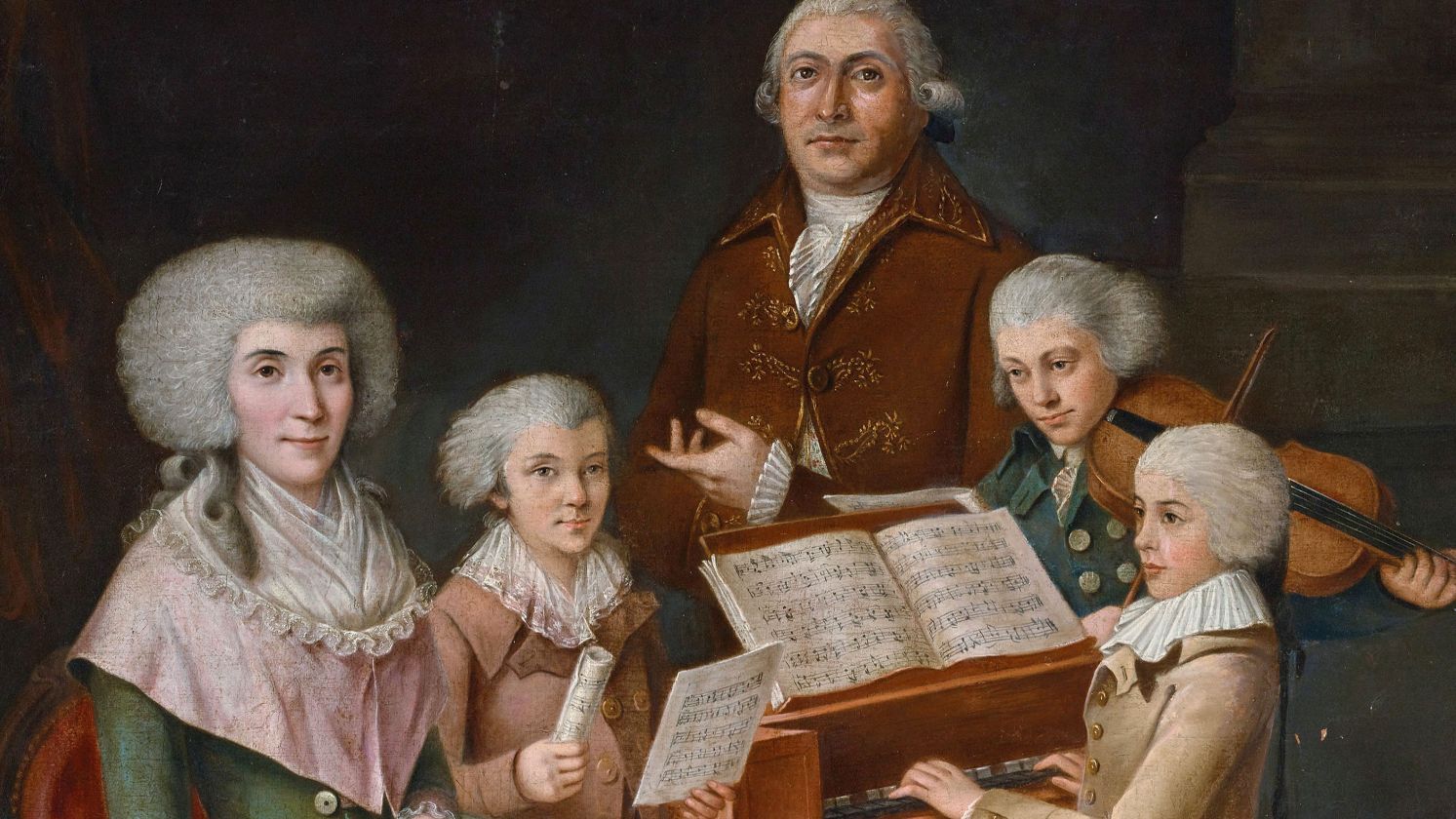
The Musical Prodigy: 10 Fascinating Facts About Mozart & 10…
Secrets Behind the Symphony. Wolfgang Amadeus Mozart remains one of…
By Chase Wexler May 5, 2025
20 Ancient Architectural Wonders That Will Boggle Your Mind
Ancient Marvels That Have Withstood the Test of Time. From…
By Christy Chan Feb 12, 2025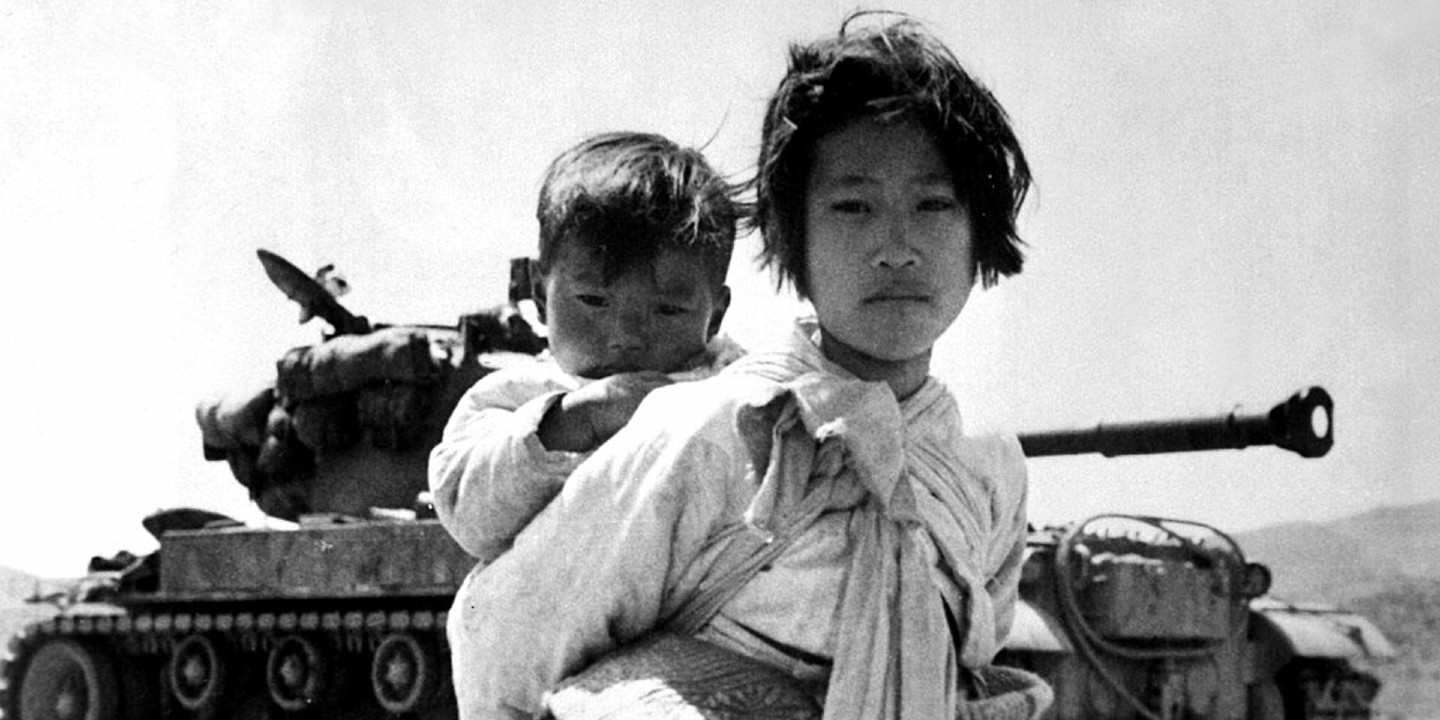
Everything You Need To Know About The Korean War
It Shaped More Than Just A Country. The Korean War…
By Emilie Richardson-Dupuis Nov 8, 2024

